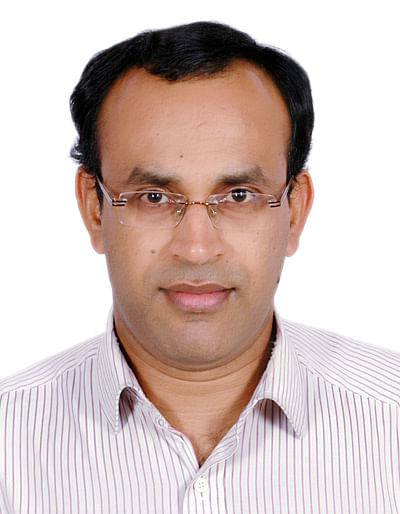
The World Bank has approved additional financing of $150 million to the ongoing Karnataka Urban Water Supply Modernisation Project (KUWSMP) in Hubballi-Dharwad, Belagavi and Kalaburagi cities. The project is aimed at providing piped drinking water supplies to households in these three cities.
The World Bank’s partnership with the Government of Karnataka for urban water reforms started in 2004. Support of about $52 million was first extended to the state to bring continuous and reliable piped water supply to about 230,000 people in specific ‘demo-zones’ on the outskirts of three major cities: Hubballi-Dharwad, Belagavi and Kalaburagi. At this time only 34-60 per cent of residents in these cities were connected to piped water supply for about two hours every three days, and the water needed to be disinfected before being consumed said a statement from the World Bank.
Further support of $100 million was extended under the KUWSMP to move towards a continuous (24x7) water supply for the entire population in these three cities. The additional finance will further help the state achieve its ambitious vision of becoming the first state in India with these cities having a city-wide reliable and continuous safe water supply, said the statement.
“In Belagavi, Hubballi-Dharwad and Kalaburagi, the establishment of modern water utilities is aimed at ensuring universal and continuous access to water supply, regardless of income level and housing status, ” said Junaid Ahmad, World Bank's Country Director in India. The project aimed at benefiting more than 2.8 million people.
Under the project, the municipal corporations in each of the three cities will establish a city water company which, in the long term, will be responsible for managing water services in the city. This will consolidate water sector responsibilities and ring-fence revenues. In addition, sanitation services will gradually be integrated into each city water company.
“The Karnataka Urban Water Supply Modernization Project and the additional financing will ensure that this work will be scaled up city-wide.” Andreas Rohde, World Bank’s task team leader for the project said.
Watch the latest DH Videos here:
